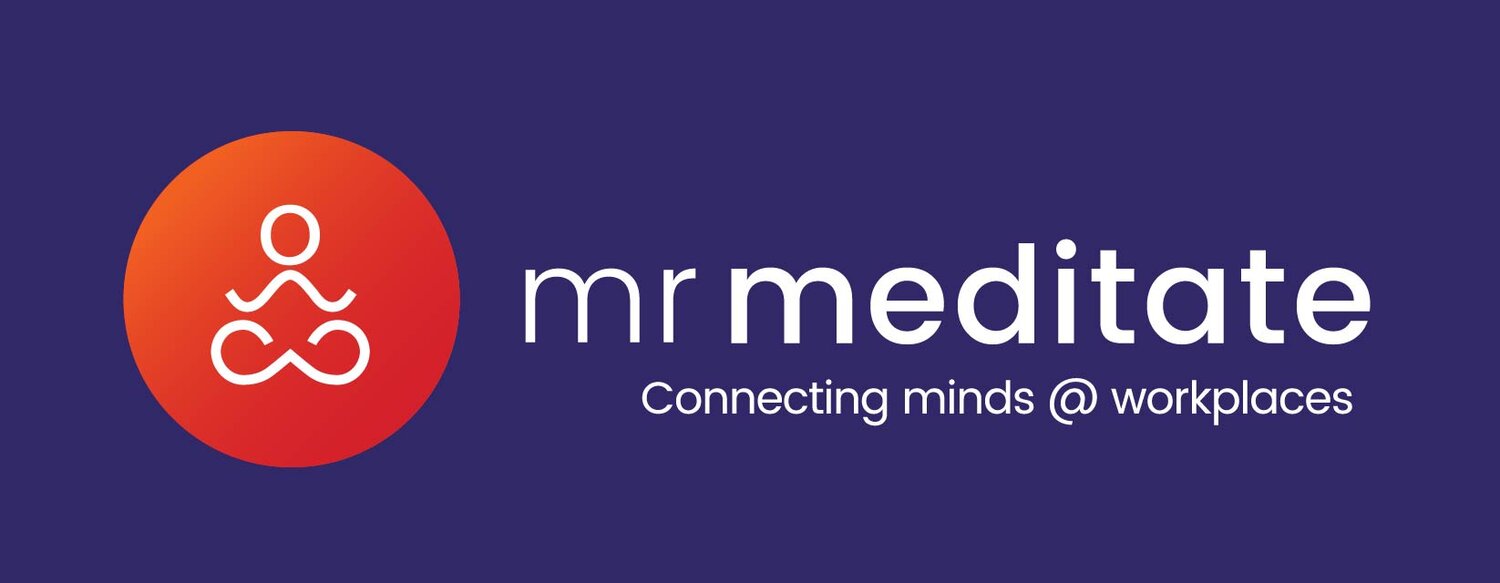Overcoming obstacles (in practice & life).
Upon reflection, we can all think of situations that we could've handled better.
Rather than losing our marbles or saying things we later regret, wouldn't it be nice if we could hold a sense of balance, especially when faced with circumstances we don't like?
Taking responsibility.
The way you (blindly) react or respond (with composure), that's up to you.
Reminder: Stress...is a choice. Yep.
You're reacting to a situation. In that exact situation, you have the choice to respond...how you wish!!
Now there's a forethought that can turn the mind.
Dealing with problems (in practice).
Everyone encounters problems when meditating. Everyone (me included).
In the early days of practice, there's frustration, agitation, an unsettled mind often questioning:
"What am I doing sitting here doing nothing, when there's a million things to do?"
This is where your intention kicks in. Your why (the reason you’ve chosen to meditate).
The busier you are, the more you need it.
A training ground.
Just like when you train muscles in your body, say at the gym, these muscles serve you during the day to day. It's the same with meditation. Except here, rather that using resistance, you are training 'letting go'.
When you meditate (especially by yourself, unguided), you practice concentration (returning your attention to where you want it to go); you start to notice more (about yourself & the environment you're in) and you become equanimous (more balanced amid the ups and downs).
You will encounter many challenges, just the same as in life.
When you sit in silence and stillness, regularly, you develop a more friendly co-operation with yourself. This permeates to those who you are in contact with.
Remember, you don't meditate to become a good meditator. It's to become a better person. One that's more useful to the world. One that keeps enhancing the quality of their life, and those around them. Colleagues included.
To explore workplace meditation for your organisation, get in touch.


